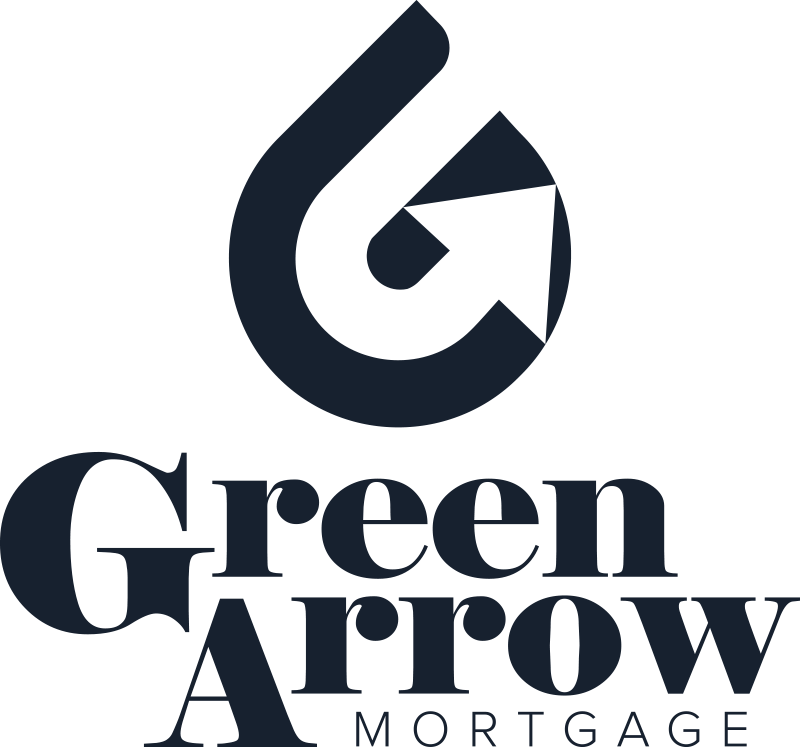If you’re considering an FHA loan, it’s crucial to understand FHA Mortgage Insurance Premiums (FHA MIP)—a required cost that can significantly impact your total loan expense. These premiums come in two forms: Upfront MIP and Annual MIP, and knowing how they work can help you better plan for homeownership.
In this blog, we’ll break down the FHA MIP, explain why it exists, what it costs, and how it affects your monthly payments and long-term financial planning.
What Is FHA MIP and Why Is It Required?
FHA loans are popular because they offer lower down payments (as little as 3.5%) and are accessible to borrowers with less-than-perfect credit. To protect lenders against potential default, the Federal Housing Administration (FHA) requires borrowers to pay Mortgage Insurance Premiums (MIP).
Unlike private mortgage insurance (PMI) for conventional loans—which can often be removed—FHA MIP tends to stick around longer, sometimes for the life of the loan, depending on your loan terms and down payment.
Upfront MIP: What You Pay at Closing
The Upfront Mortgage Insurance Premium (UFMIP) is a one-time fee paid at the beginning of your loan. As of 2025, the standard UFMIP rate is 1.75% of the loan amount.
Example:
If you take out a $250,000 FHA loan, your upfront MIP would be:
$250,000 x 1.75% = $4,375
This amount can be paid in cash at closing, but most borrowers choose to roll it into the total loan amount—meaning you’ll pay interest on it over time.
✅ Pro Tip: Including the UFMIP in your loan can be helpful if you’re low on cash at closing, but be aware that it slightly increases your overall debt and monthly payments.
Annual MIP: What You Pay Each Year
The Annual MIP is calculated annually but paid in monthly installments. The percentage depends on:
- Loan amount
- Loan-to-value (LTV) ratio
- Loan term (15-year vs. 30-year)
For most 30-year FHA loans with a loan amount under $726,200 and a 3.5% down payment, the annual MIP is 0.55% of the loan balance.
Let’s say your $250,000 loan has this rate:
$250,000 x 0.55% = $1,375 per year
That’s approximately $114.58/month added to your mortgage payment.
How Long Do You Pay MIP?
- If you put less than 10% down, you’ll pay annual MIP for the life of the loan.
- If you put 10% or more down, you’ll pay MIP for 11 years.
That’s why larger down payments and shorter loan terms (like 15 years) can save you money—not just in interest, but in insurance costs too.
Comparing Upfront vs. Annual MIP
| Feature | Upfront MIP | Annual MIP |
| Paid | At closing (or financed) | Monthly, throughout loan |
| Rate (2025) | 1.75% of loan amount | 0.15%–0.75% (typically 0.55%) |
| Refundable? | Partially if you refinance | No |
| Affects Monthly Cost | Not directly (if financed) | Yes, increases monthly payment |
Can You Avoid or Eliminate FHA MIP?
Short answer: not at the beginning. FHA MIP is required on all FHA loans. However, there are ways to eventually eliminate or reduce this cost:
- Refinance to a Conventional Loan:
If your home has gained value and you’ve built equity, refinancing into a conventional mortgage without PMI can remove the MIP. - Make a 10% Down Payment:
As mentioned, doing this shortens MIP duration from “life of loan” to just 11 years. - Choose a 15-Year FHA Loan:
Shorter terms often have lower MIP rates, making them more affordable long term.
Is an FHA Loan Still Worth It with MIP?
Absolutely—especially for first-time buyers or those with limited credit history. The key is to understand the costs involved and plan for the future. Over time, as your equity grows and your credit improves, refinancing may become a smart move to lower your monthly payments.
Let’s Crunch the Numbers Together
At Green Arrow Mortgage, we believe education empowers smart decisions. If you’re considering an FHA loan, we’ll help you understand every fee, every option, and every benefit—so you feel confident about your future home.📲 Call us today at +1 832-821-4441
📬 Want regular, jargon-free insights? Subscribe to our newsletter and stay ahead of the mortgage game—perfect for future homeowners like you.




